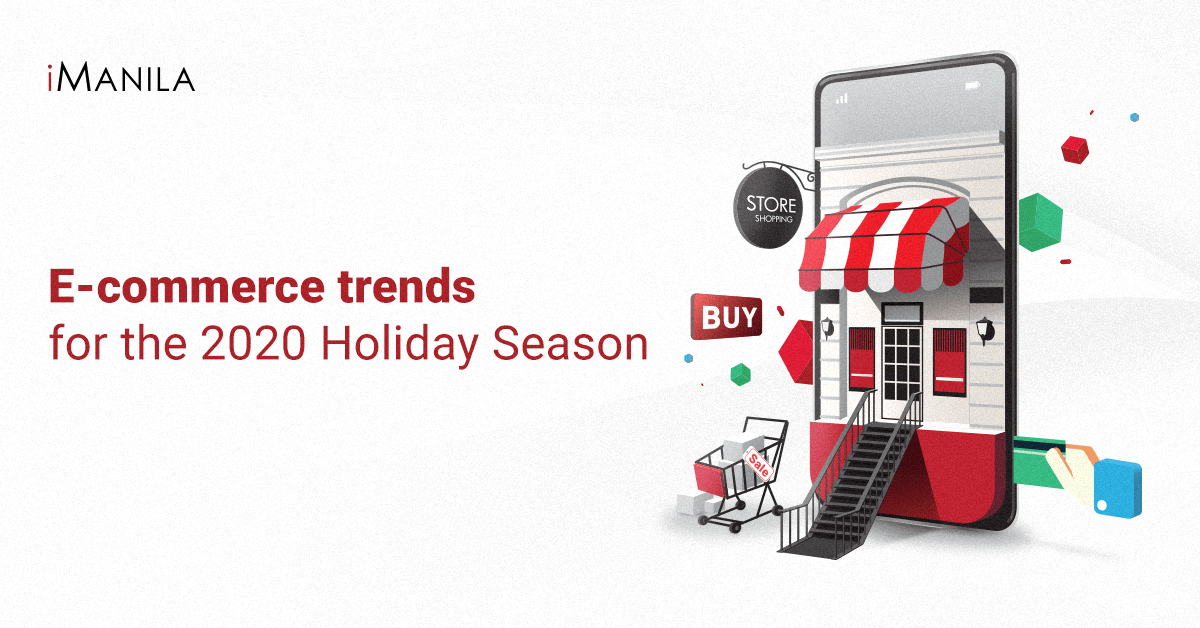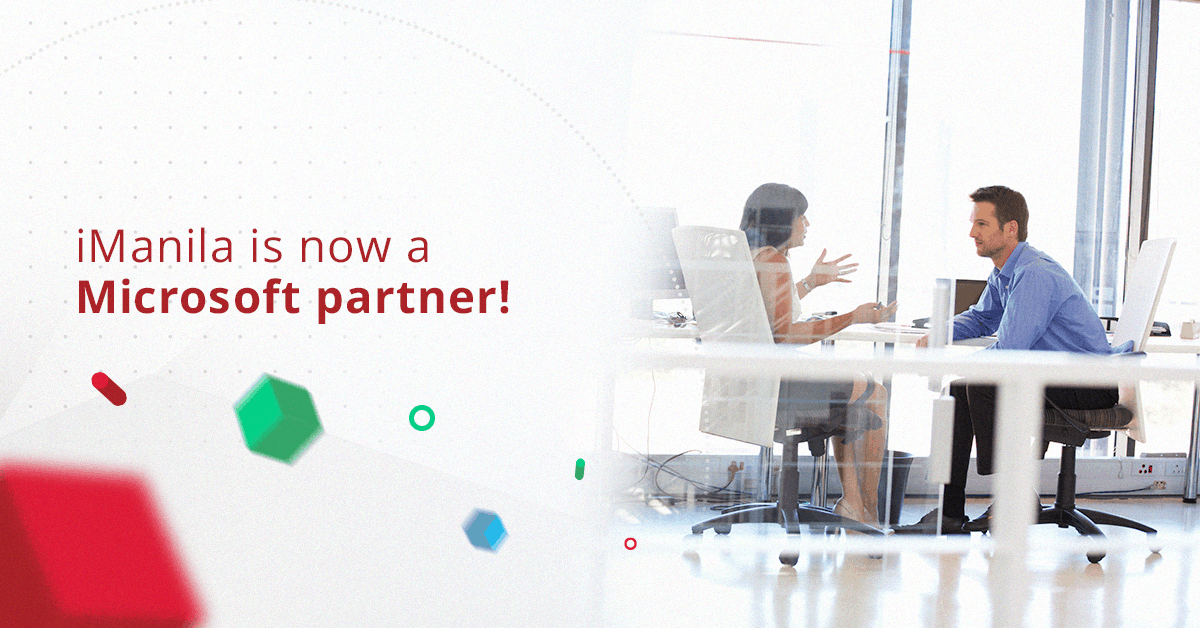While many of us may be feeling indifferent about celebrating such a drastic year, there’s essentially nothing else we can do but make it count. After all, having survived a pandemic with our loved ones in tact is something also worth celebrating.
From a business perspective, the holidays should be too worrisome because people will continually consume and Filipinos, naturally, aren’t the type of people to shelf a holiday season.
The only problem is that the most effective marketing campaigns you could potentially use are particularly costly especially during the holidays. But for businesses who badly want to top its competitors off, you can do so without breaking the bank.
Here, we have rounded down four of the most effective marketing strategies to single-handedly rocket your promotional campaigns this coming holiday season.
Put your social media pages to work
One of the many reasons why businesses have thrived amid the pandemic is through social media, especially through Facebook. For one, in the Philippines alone, we already have more than 74 million Facebook users as of 2019 and still rapidly increasing. On top of that, Facebook held a staggering 93% of the country’s market share of users this year. The Philippines isn’t called the Social Media capital of the world for four straight years for no reason.
Every businessman can attest to how they furthered substantially because of Facebook, Instagram, LinkedIn, Twitter, YouTube, and other social media platforms, especially in the holiday shopping season.
Get more people to know about your holiday promos, discounts, perks, deals or have them purchase your product directly through Social Media Advertising. Set up your campaigns according to your objectives. If your goal is to build your presence online, well then Awareness ads will make that possible for you. Or if you want to acquire new audiences, generate leads, or get them to message you, then Consideration or Acquisition ads are your go-to. But if your main objective is to boost your sales, Facebook has made a way to reach people who are most likely to purchase or retarget people who have once viewed your product but didn’t purchase through Conversion ads. Facebook’s algorithm will make sure that you target the right people at the right time.
However, these ads may not possibly work spot on without having compelling, timely and mobile-first creatives, correct messaging and the right timing of your ads. These factors play together to give you the best possible outcome.
Also, don’t try to spam them with your discounts or by doing any false advertisements. You don’t honestly expect them to just sit around and do nothing, do you? Sincerity and authenticity can assure your business repeat purchases.
If this is something you are finding too hard to navigate, just leave us a message so we can help you.
Understand SEO and blog often
With the growing concerns about transportation and contracting the virus easily while outside, more and more people are compelled to just shop online.
This is one good reason as to why you should build a website or an e-commerce platform for your brand ASAP.
Once you have built the website, optimize it for SEO. This way, you get to be visible on the search engine results pages without having to run ads. You need to vie for certain keywords that you would want your website to show up to if people would search for it.
One important key tip to further increase your visibility in SERP’s is to publish an article at least once a week to pull in consistent visitors that would eventually translate to customers. The most successful SEO campaigns require captivating content, appealing visuals and few tricks and skills to make your website rank in no-time.
SEO would also work best if done alongside Search Engine Marketing (SEM) or Pay-Per-Click Ads. Note that Google prioritizes ads over organic ones so it would be for the best if you let the two digital marketing strategies work side by side.
Maximize Google search, display and YouTube ads
Google is the most popular search engine in the world, especially in the Philippines where it covers 95.43% of our total search engine market share according to Global stats. This a huge business opportunity that you should look into especially that website traffic surges dramatically during the holidays.
If you want to target the right people at the right time and get a more meaningful business outcome, you should probably try doing Search ads. Once people search for the keywords that you bid for, it would only take a click to get them to inquire about your services or best – to buy your product immediately through your e-commerce website. This is intent-based, meaning people come to you instead of you coming to them.
A display ad, on the other hand, is the other way around. You introduce your ad to a more diverse set of people around your area of targeting. This ad shows up to Google’s audience networks, and partner sites like national news sites, popular sports or fashion sites, etc.
YouTube ads are ads that we usually see while streaming in the site. There are a number of ad placements that you can choose from depending on your liking. YouTube ads guarantee to boost your brand awareness or increase your YouTube following, if done right.
Shopping ads, on other ad, are highly relevant during the holidays. The ads appear before the search results, and once your audiences click them, they will automatically be sent to your website giving users a chance to complete their purchase easily.
Try Email Marketing
If you are trying to target people who habitually check their emails like professionals, businessmen, or people in organizations, then you probably try email marketing.
Send a monthly newsletter carrying all the announcements, news, stories, and blogs that you would like to promote during the holidays. Make it as short and sweet or as comprehensive as possible or lure them to click the “Read more” button directed to your website. This way, you can increase your website traffic and have them recall your brand.
Another important touchpoint is that you should keep as many email addresses as possible on your database. Grow your company database through website sign-ups or by running Leads Generation ads on Facebook. Whichever strategy you decide to use in order to grow your user list, make sure to keep this in confidentiality because a healthy database and information are one of the most golden assets of a company these days!
We are only a few days away from Halloween and a few weeks away from December so we suggest that you start working on these recommendations – pronto!
The good thing is that you don’t need to stress yourself in learning these holiday marketing strategies we have laid out for you. Have an expert that you can absolutely trust like iManila to do the work for you.
Request a quote for our Social Media Management, Social Media Ads, Google Ads, SEO services or Email Marketing services today. You can also leave us a message or email us at info@imanila.ph to learn more!








